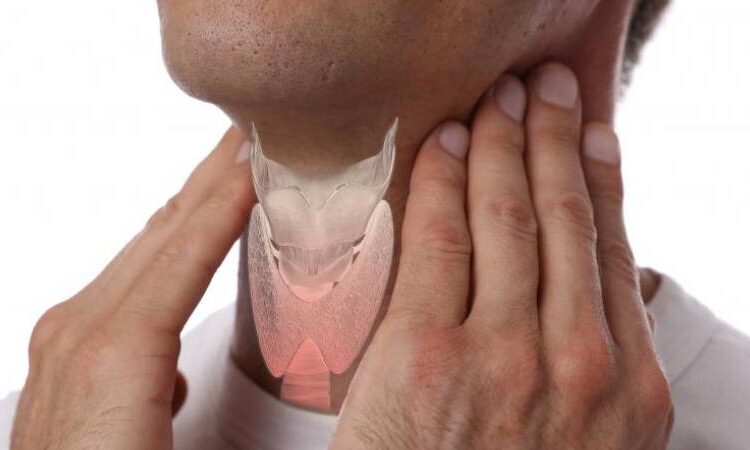
When you are dealing with hypothyroidism, you need to be aware of the people around you who can help you to monitor your condition in the best way. However, there will be times you will need to see a thyroid specialist. Most of the time, those who have hypothyroidism take medication to produce the thyroid hormones that the body is no longer making. Patients head to their primary care physician for this, but there are cases where the advice and support from a reputable thyroid specialist are necessary.
A thyroid specialist knows more about the function and structure of the thyroid gland, and they are more in tune with the other hormones the body requires and how they all interact. With their advice, you can feel as well as possible while managing a long-term condition.
Knowing when to see a thyroid specialist
When first diagnosed with a thyroid condition, you should book an appointment with your thyroid specialist and ENT doctor. The thyroid is located in the throat, and you need to have all the best people who can understand your diagnosis to support you. When you have your initial diagnosis, it’s good to set up an appointment with the right thyroid specialist so that you can talk over your tests, treatment plans and the condition in general. There are other times that it may be necessary for you to see a thyroid specialist, and we’ve got them listed below:
You are pregnant or trying for a baby
Pregnancy affects hormones in a big way, and despite what you may think, hypothyroidism can affect your body while you’re pregnant. If you are trying to get pregnancy, speaking to a thyroid specialist is a smart decision. You need to have your medication monitored closely when you are attempting to get pregnant because your hormones are changing as it is. Some women require more of their medicine when they are pregnant, but it’s going to be on the advice of your thyroid specialist to know what is right for you.
When the symptoms don't change
Taking medication for your thyroid should clear up symptoms relating to it. However, if these symptoms don’t improve, you need to go back to your thyroid specialist for a second opinion. You may need to tweak your medication altogether, and you should never do this without the support of a thyroid specialist to avoid mistakes.
Your thyroid is enlarged
An enlargement of the thyroid is called a goiter, and if this occurs, a trip to an ENT doctor and a thyroid specialist can help you to understand whether you do have thyroid issues. The gland should not be enlarged, so getting the right help can ensure that you know whether you have hypothyroidism or not. Making an appointment today will make a big difference to your health, and you’ll be able to be on a medication program as soon as possible.



